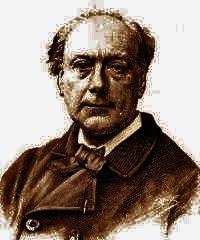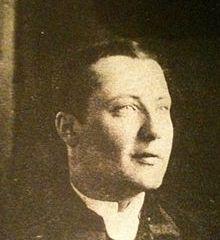William Shakespeare Quotes - Page 117

William Shakespeare, William Dodd (1842). “The Beauties of Shakspeare: Regularly Selected from Each Play : with a General Index Digesting Them Under Proper Heads”, p.123
William Shakespeare, Samuel Johnson (1766). “THE PLAYS OF WILLIAM SHAKESPEARE.: CONTAINING, TIMON OF ATHENS. TITUS ANDRONICUS. MACBETH. C. MMARCIUS CORIOLANUS. VOLUME the EIGHTH”, p.59
Poor wretches that depend On greatness' favor, dream as I have done; Wake, and find nothing.
William Shakespeare, Oliver William Bourn Peabody, Samuel Weller Singer, Charles Symmons, John Payne Collier (1839). “The Dramatic Works of William Shakspeare: Julius Cæser. Antony and Cleopatra. Cymbeline. Titus Andronicus. Pericles”, p.315
The caterpillars of the commonwealth, Which I have sworn to weed and pluck away.
William Shakespeare, Roma Gill (1998). “Richard II”, p.45, Oxford University Press, USA
William Shakespeare, Cynthia Marshall (2004). “As You Like It”, p.163, Cambridge University Press
'Romeo And Juliet' (1595) act 2, sc. 4, l. [63]
'Troilus And Cressida' (1602) act 1, sc. 2, l. [310]
Plenty and peace breed cowards; hardness ever of hardiness is mother.
William Shakespeare (1771). “The plays of Shakespeare, from the text of S. Johnson, with the prefaces, notes &c. of Rowe, Pope and many other critics. 6 vols. [in 12 pt. Followed by] Shakespeare's poems”, p.195
William Shakespeare, George Somers Bellamy (1875). “The New Shaksperian Dictionary of Quotations: (With Marginal Classification and Reference.)”, p.28
'Macbeth' (1606) act 3, sc. 4, l. 99
William Shakespeare (2009). “King Lear”, p.36, Palgrave Macmillan
William Shakespeare, Ad Brown (1850). “Julius Caesar ... With explanatory French notes, by Ad. Brown. Improved with a copious selection of notes from Johnson, Steevens, Malone, Theobald, Warburton, etc”, p.67
William Shakespeare, George Steevens (1811). “Plays ...”, p.96
William Shakespeare (2009). “Henry IV”, p.101, Palgrave Macmillan
Is this government of Britain's Isle, and this the royalty of Albion's King?
'Henry VI, Part 2' (1592) act 1, sc. 3, l. [46]
William Shakespeare, Joseph Dennie, Samuel Johnson, George Steevens (1809). “The Plays of William Shakespeare ...: With the Corrections and Illustrations of Various Commentators”, p.151
William Shakespeare (1998). “The Merry Wives of Windsor”, p.211, Oxford University Press, USA
'Othello' (1602-4) act 3, sc. 3, l. 346
And mind, with my heart in't; and now farewell Till half an hour hence.
William Shakespeare, Henry Norman Hudson (1883). “Shakespeare's The Tempest: With Introduction, and Notes Explanatory and Critical. For Use in Schools and Classes”
William Shakespeare (1832). “Dramatic Works: From the Text of the Corrected Copies of Steevens and Malone”, p.187
'A Midsummer Night's Dream' (1595-6) act 2, sc. 1, l. 161
William Shakespeare (2014). “Twelfth Night: Third Series”, p.228, Bloomsbury Publishing
William Shakespeare (1806). “The plays of William Shakspeare, with the corrections and illustr. of various commentators, to which are added notes by S. Johnson and G. Steevens, revised and augmented by I. Reed, with a glossarial index”, p.222






